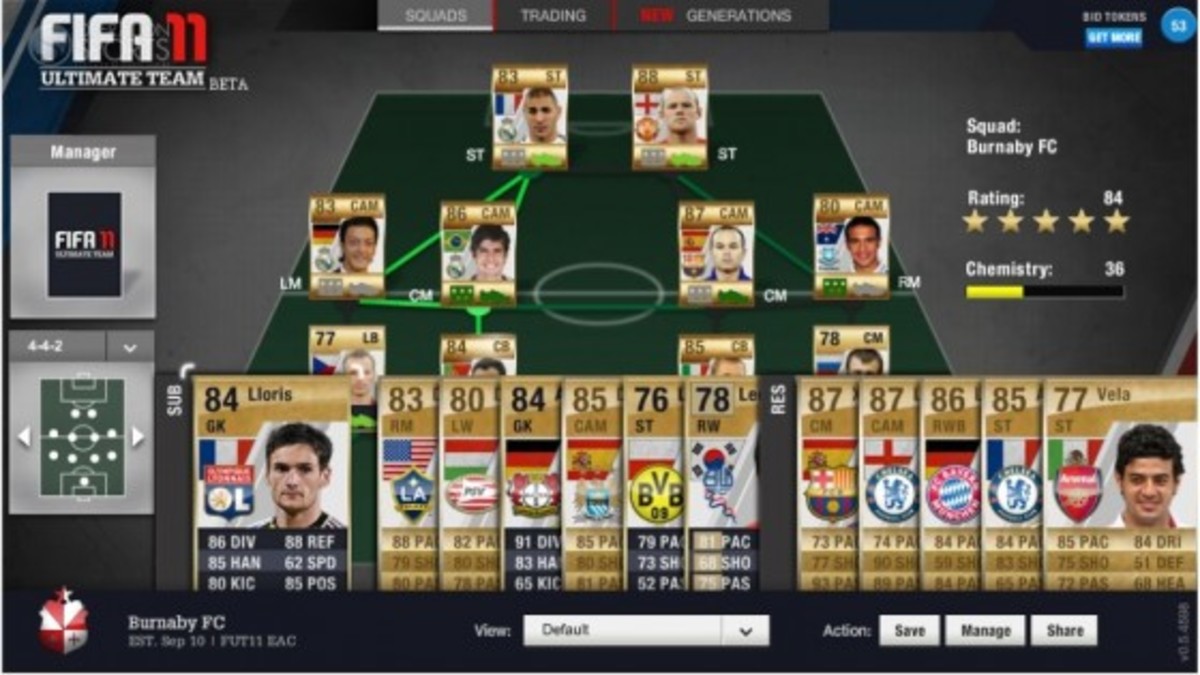Buying a HUD-Owned Property
What is a HUD-Owned Property?
A HUD-owned home is a home that was originally purchased using FHA-backed financing that has since been foreclosed. The Department of Housing and Urban Development (HUD) and the Federal Housing Administration (FHA) are the same entity, so when a house that was financed with an FHA mortgage is foreclosed, it becomes a government owned home through HUD.
How to Place an Offer on a HUD Property
If you find yourself interested in purchasing a HUD property, you must go through a real estate agent or brokerage who is registered with HUD. From what I understand, it can take some time for non-registered agent to become registered with HUD. Because time is of the essence with home buying, you don't want to wait around for agent to become registered. You also don't want an agent who isn't familiar with the process because it is different from any other type of home purchase.
HUD favors owner-occupiers so each home that becomes available for sale has an initial period where only owner-occupiers may place bids. This is referred to as the "exclusive" period. After this period, if no one has "won" the home, it becomes available to all bidders, including investors. So, if you're planning on buying a HUD home for your primary residence, you'll have fewer people to compete against during the initial bidding period.
To place a bid, your agent will have to go to the HUD listing an submit a bid via their online bidding system. Your agent should ask you for your full name, current address and social security number for the bid submission. Once the bid is submitted, you'll wait 1 to 2 business days for a response.
Tips for Bidding
Your offer on the home will be in the form of bid placed online. HUD reviews bids placed in a 24 hour period for the best offer that meets their minimum threshold. HUD does not disclose their threshold so you will have to make an educated guess on how low you can go with your bid and still have it accepted.
Everything I read about bidding on a HUD property suggested that HUD will accept bids that are generally between 88 and 90% below the listing price. The house I was looking at was listed at $122,500 so 88% would have been $107,800 and 90% would have been $110,250. But, it's not quite as simple as that.
With a HUD property, you can request up to 3% of the purchase price in closing cost contributions. Also, you'll need to factor in the 6% that will be taken out for real estate agent commissions. So, if I had offered 88% of listing price with the maximum closeting cost contributions from the seller, HUD would only net $98,098 on the sale of the home. (107,800 minus 9% of 107,800 = 90,098)
I took a guess on the home I was interested in and figured HUD wanted to net somewhere around 107,000 (just under 88% of list price) on the home they listed for $122,500. I decided to offer $117,000 and ask for the max 3% of purchase price towards closing costs. This would result in a 106,470 net to HUD.
My initial bid gave my agent a confirmation number where the last two digits were -10. This meant that a total of ten other bids had been submitted on the home since its listing. The house had been listed for 30 days, with 10 total bids but no winning bid. Of course, I immediately began to worry that my bid was too low but we left it to see what would happen.
Bid Results
I placed my bid on a Thursday and did not hear back until Monday. When you place a bid on a HUD property, you will notified if your offer was accepted, another was accepted, or if your offer didn't meet the mystery threshold and the home didn't receive any winning bids. In the third case, HUD will invite you to submit another bid and they will tell you how much is acceptable to them.
This is what happened to me. HUD notified my agent that no bids were accepted on the house and that we could submit a new bid that met their minimum threshold. As it turns out, I was $105 short of meeting the threshold. You can imagine how frustrating it was to hear that. I needed to submit a brand new bid with a slight increase in price in order to get the house.
BUT!! The catch here is that ALL previous bidders (in my case, the 9 other people who had also submitted bids unsuccessfully on the home before me) would receive the same notification and invitation to submit a new bid. So now the mystery threshold is no longer a mystery. Of course I could theoretically offer $117,105 and get the house, but I had no way of knowing if anyone would also place a bid. Because I wanted the house, I offered list price of 122,500 with the max 3% towards closing and won the home. (Yay!)
Bidding Periods
The bidding periods on a HUD home are open for 24 hour increments. All bids placed on a given day are reviewed the next business day. Even if a higher bid is placed the following day, if a bid met the threshold for the previous 24 hour bidding period, that bid placed on the first day will win the home. So, essentially, you are only competing with any other bidders who are bidding in the same 24 hour period as you.








